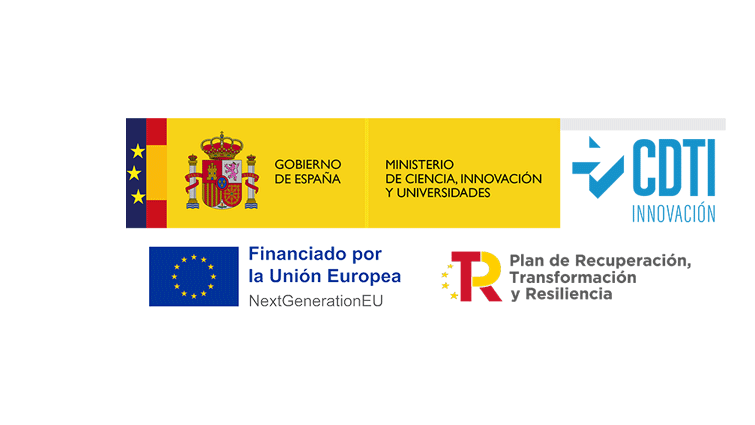Vaccines and Biologics for Global Health Crises


SPEEDCELL Project

RBDCOV project
"RBD Dimer recombinant protein vaccine against SARSCoV2" (RBDCOV) is a new Horizon Europe project led by the biotech pharmaceutical company HIPRA. Launched on 1st December, RBDCOV project objective is to test the efficacy, tolerability, and safety of the HIPRA's recombinant COVID-19 vaccine in children, adolescents and immunocompromised people. The trials will last 2.5 years approximately.
To carry out this project, HIPRA works with an international consortium including companies and institutions from five European countries: Spain (IRSICAIXA, Fundacio Hospital Universitari Vall D’hebron, Fundacion Lucha Contra El Sida (FLS), IDIBAPS, IDIBGI, Asphalion, Vinces Consulting, Zabala Innovation), United Kingdom (Veristat International), Italy (Fondazione Penta), Germany (European Aids Treatment Group), And Turkey (Metpharm Arastirma Gelistirme Saglik Danismanlik). The project will manage a budget of EUR 9.779.211,25 euros.
The RBDCOV project foresees two clinical trials, one in a group of immunocompromised individuals and the second study in one or more groups of children and adolescents. The RBDCOV project will contribute to the development of the HIPRA vaccine which aims to protect against severe COVID-19 infection including in immunocompromised individuals and to ensure a long-term immune response. The Project also envisages that the vaccine will be made accessible for vaccination campaigns worldwide thanks to its 2-8º C storage temperature, which facilitates a longer lasting shelf-life, transport, and distribution.
RSV vaccine
HIPRA, together with CURAPATH, Biotechvana S.L. and Nostrum Biodiscovery, will investigate a new vaccine against respiratory syncytial virus (RSV). It will be possible through the program "Misiones Ciencia e Innovación” (“Science and Innovation Missions”, in English).
“Misiones Ciencia e Innovación” is a program with the aim of promoting research, improving company technology and stimulating public-private cooperation in R&D.
HIPRA's "mission" is based on a project to investigate a new vaccine against RSV, which causes bronchiolitis and pneumonia, which affects all ages and, especially, very young children from all over the world.
“Misiones Ciencia e Innovación” program is part of the “Plan de Recuperación, Transformación y Resiliencia” (“Recovery, Transformation and Resilience Plan”, in English) and is articulated through the Centro para el Desarrollo Tecnológico Industrial (CDTI) (Center for Industrial Technological Development”, in English), an entity dependent on the Ministry of Science and Innovation.

LWNVIVAT Project
HIPRA is participating in a research project that aims to design therapies to limit the impact of the West Nile virus (WNV), an emerging pathogen for which there is currently no treatment or vaccine for use in humans. The project is coordinated by the IrsiCaixa AIDS Research Institute and has the participation of 6 partners from Spain, France and Denmark.
All research centers will work on the development of a safe and effective prophylactic vaccine against WNV that is capable of inducing a prolonged immune response over time and protecting the entire population.
Within the same project, called LWNVIVAT (from the English Limiting West Nile Virus Impact by Novel Vaccines And Therapeutics Approaches), the scientific team will design, produce and analyze the efficacy and therapeutic potential of specific antibodies for the virus, apart from the vaccine.